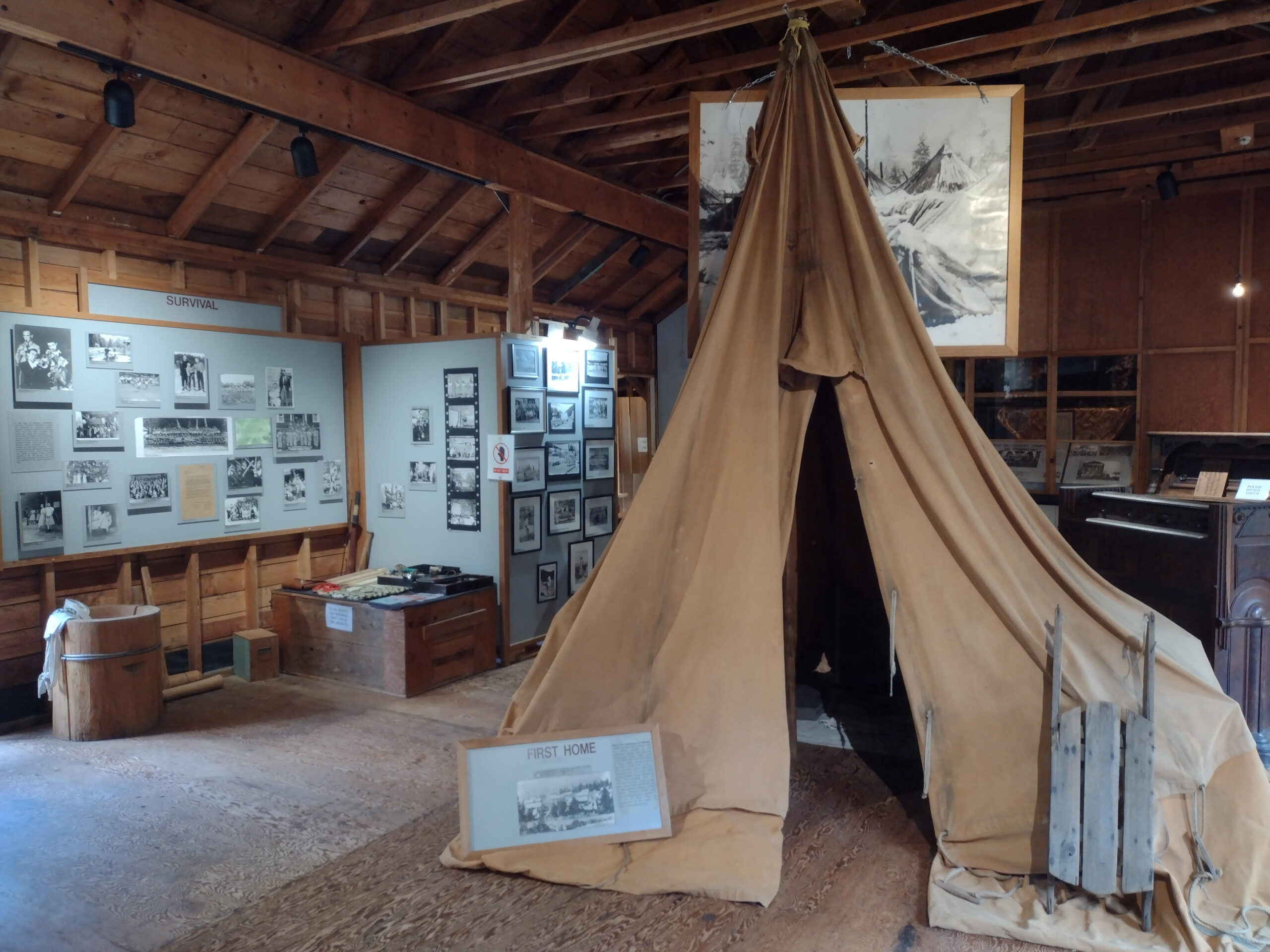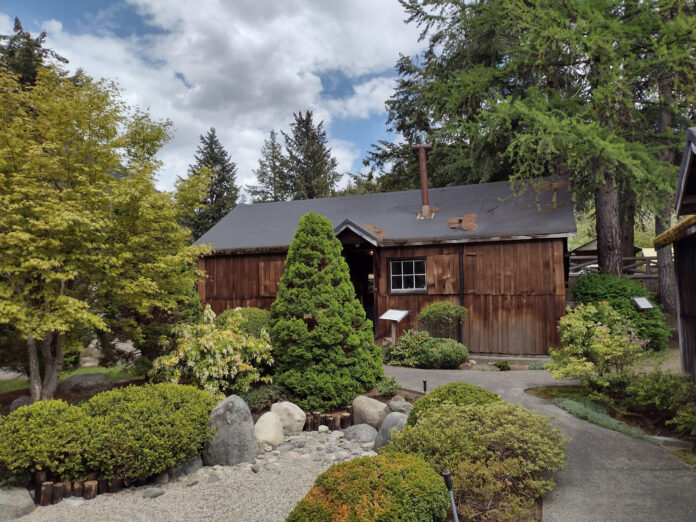A cultural site in New Denver that commemorates the Japanese-Canadian internment during the Second World War is expected to benefit from a $100 million endowment from the provincial government.
The fund was announced Saturday on the 80th anniversary of the arrival of Japanese Canadians in communities such as New Denver, Kaslo, Slocan, and Greenwood. It is intended to acknowledge historical wrongs, including creating and restoring heritage sites.
Although specifics have not yet been worked out, Susanne Tabata, the executive director of BC Redress, which made a case to the government on addressing past injustices, says the Nikkei Memorial Internment Centre is specifically on their radar.
She notes New Denver mayor Leonard Casley and other village representatives attended a meeting with the province to present a “very compelling proposal regarding that particular site and the need for certain maintenance and sustainability requirements.”
Tabata acknowledges the village has had a “very tough go” of operating the centre in recent years. It opened in 1994 to tell the story of the internment in the Slocan Valley and more broadly.
“We are committing to prioritizing assisting the village with the care and revival of that centre,” she says. “It is going to take community and the public in that area to come together to find a way to be able to have more folks visit this extremely historic site.
“It’s a challenge for the community and New Denver but we are most humbled by the situation going on in that village and want to help them.”
In 1942, 22,000 Japanese Canadians were forcibly uprooted from coastal areas of BC and sent to internment camps in the BC interior and elsewhere. About 70 per cent had been born in Canada and had built businesses, farms, and homes and contributed on a large scale to the fishing industry.
Tabata says they were very happy with the thoroughness of the consultation process and the government’s willingness to listen to them and craft a package that will also address areas including health and wellness of internment survivors.
Through an initial grant last year, a survivors’ health and wellness fund was established. Tabata says they are pushing for that to continue.
Tabata’s own father, Susumu, was interned in Kaslo, in what is now the Langham Cultural Centre. Her grandfather, Hyozo, was separated from the family and sent to a road camp at Blue River, but protested his treatment and was sent to a camp in Angler, Ont.
The family later moved to Midway and in 1947 her father became the first Japanese Canadian admitted to UBC – after the federal government denied him a travel permit to attend UC Berkeley.








